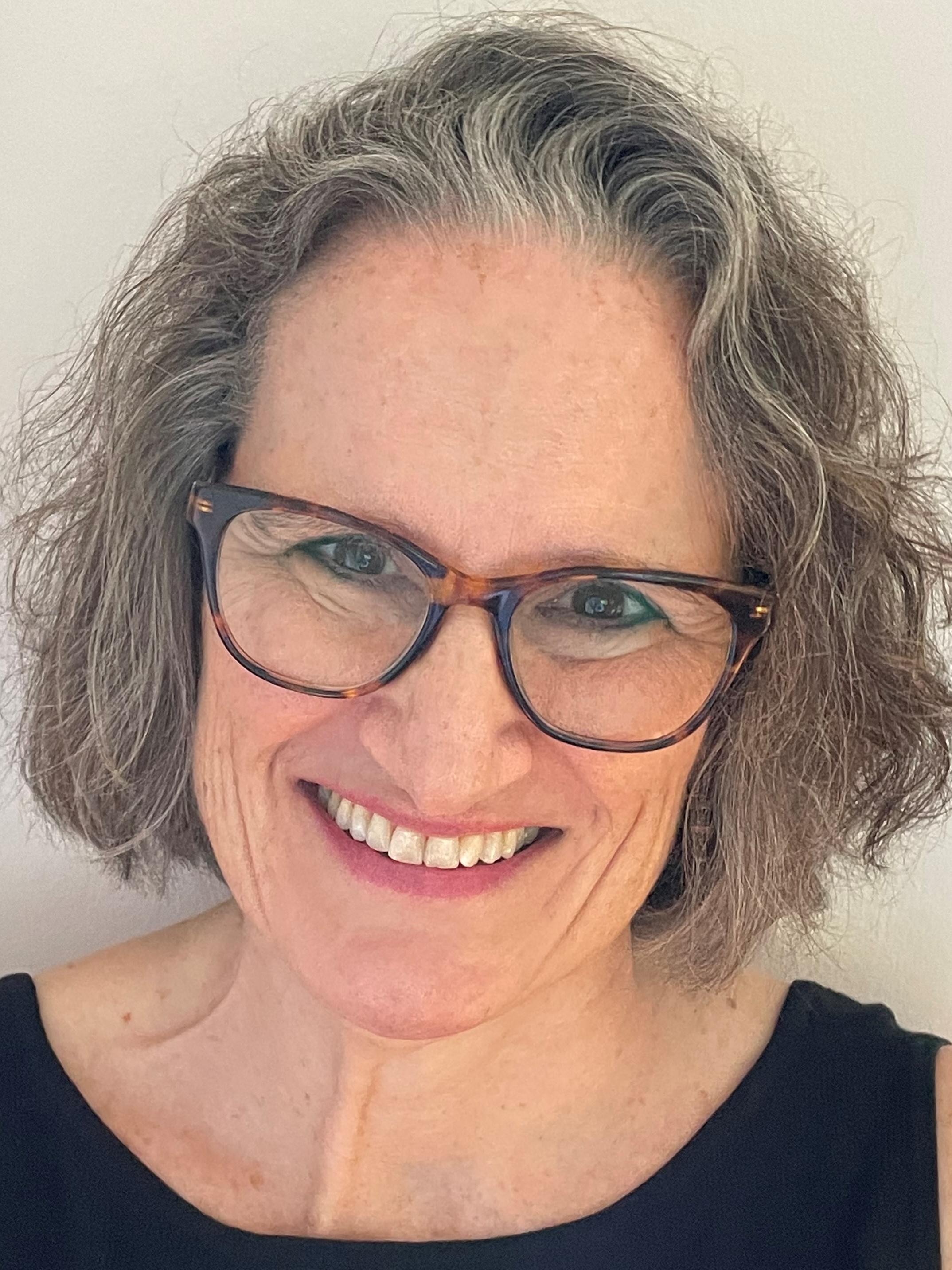Audre Lorde wrote in her essay, “The Master’s Tools Will Not Dismantle the Master’s House,” “As women, we have been taught either to ignore our differences, or to view them as causes for separation and suspicion rather than as forces for change. Without community there is no liberation, only the most vulnerable and temporary armistice between an individual and her oppression. But community must not mean a shedding of our differences, nor the pathetic pretense that these differences do not exist.” Lorde affirms the importance of making “common cause with those others identified as outside the structure in order to define and seek a world in which we can all flourish. It is learning how to take our differences and make them strengths.
For the master’s tools will never dismantle the master’s house….They will never enable us to bring about real change.”
In this webinar, we will explore Romans 10:12 and Galatians 3:28, and use excerpts from Lorde’s writing as a catalyst for our own insights as we reflect on: differences, strengths, dominance, interdependence, community, the onus of education about oppression, and how, in Lorde’s words, “in a world of possibility for us all, our personal visions help lay the groundwork for political action.” The aim is for us to emerge more aware of the tools within our grasp to build authentic, trustworthy community and dismantle racism and other systems that separate us so that we more fully embody our unity in Christ.
Webinar Highlights
Gathering tools for building trustworthy community in which and from which we do the work for racial justice includes:
-
Letting go of expectations of perfection: We can't do this inner and outer work of racial justice perfectly, and thinking that we can only leads us to avoidance, superficial engagement, defensiveness, or paralyzing guilt and shame.
-
Remembering our faith: trusting in the perfect love of God, we can confess our individual and corporate sin, repent/turn in a new direction, repair what is broken, receive and extend forgiveness, and seek to reconcile.
-
Being clear about our definitions and assumptions: For example, "race" has no genetic basis and is an invented social idea, but racism is real. Although the concept of "race" is invented, because racism is real, there are very real differences in lived experience as of skin color.
-
Recognizing and affirming differences: In the words of bell hooks, "Beloved community is formed not by the eradication of difference but by its affirmation, by each of claiming the identities and cultural legacies that shape who we are and how we live in the world."
-
Engaging in courageous conversations and sharing our stories: Fearless Dialogues' community conversations and Marshall Ganz's public narrative process of the story of self, the story of us, and the story of now are two resources and examples.
-
Listening empathetically: Greg Ellison writes, "Empathetic listening requires equal parts connection and separateness...absorbing the story of the other while acknowledging one's own distinct feelings, thoughts, and differences from the storyteller."
-
Studying biblical texts in context and reflectively: Gal 3:38 and Romans 10:12 don't mean our identities are erased, but that our most identity is as a child of God and that in Christ our differences are meant to "have lost their power to divide and oppress...these distinctions are no longer the determinative identity markers, no longer a ground for status or exclusion," as NT scholar Richard Hays writes.
-
Affirming that each of us is a child of God with different lived experiences, identities, insights, and gifts to bring to our shared work for racial justice.
Speaker: Rev. Dr. Shannon Daley-Harris

The Rev. Dr. Shannon Daley-Harris is the Director of Just Love Families and scholar in residence at Middle Collegiate Church in New York City. An experienced faith-based child advocacy leader, she works collaboratively with nonprofits to develop strategic plans and compelling resources to engage the public in effective programs and policy advocacy to create positive change for marginalized children and families.
Shannon served the Children’s Defense Fund (CDF) for more than thirty years. She created the National Observance of Children’s Sabbaths in 1992, launched CDF’s Proctor Institute for Child Advocacy Ministry in 1995, authored annual multifaith National Observance of Children’s Sabbaths resources, led women’s spiritual retreats, collaborated with Marian Wright Edelman on various projects, and advised on aspects of CDF’s partnership with the faith community.
Shannon’s dozens of publications include the forthcoming
Just Love Story Bible (Beaming Books, 2024),
Hope for Our Future: Answering God’s Call to Justice for Our Children (Westminster John Knox Press, 2016)
, Holding Children in Prayer: An Advent Devotional, and
Welcome the Child: A Child Advocacy Guide for Churches (with Kathleen A. Guy). She edited
Thus Far on the Way: Toward a Theology of Child Advocacy by the Rev. Dr. Eileen W. Lindner. Shannon was a contributor to
Let Your Light Shine: Mobilizing for Justice with Children and Youth;
God’s Transforming Justice: A Lectionary Commentary; Feasting on the Gospels; and other books.
Shannon earned her B.A. from Brown University, magna cum laude, her Master of Divinity from Wesley Theological Seminary, summa cum laude, and her Doctor of Ministry at Drew University with a dissertation “Sustaining Sisterhood: The Power of Spiritual Retreats for Women Leaders in the Children’s Movement.” She is ordained as a minister of Word and Sacrament in the Presbyterian Church (U.S.A.). She is the mother of two adult children and lives in Princeton, NJ, with her husband Sam.
Watch the Webinar on Demand Now!
American Baptist Women's Ministries' webinars and recordings are free to watch, but donations are welcome. Your donation will allow American Baptist Women's Ministries to continue providing programs, resources, and leader training for ministries with women and girls. Click here to make a donation.